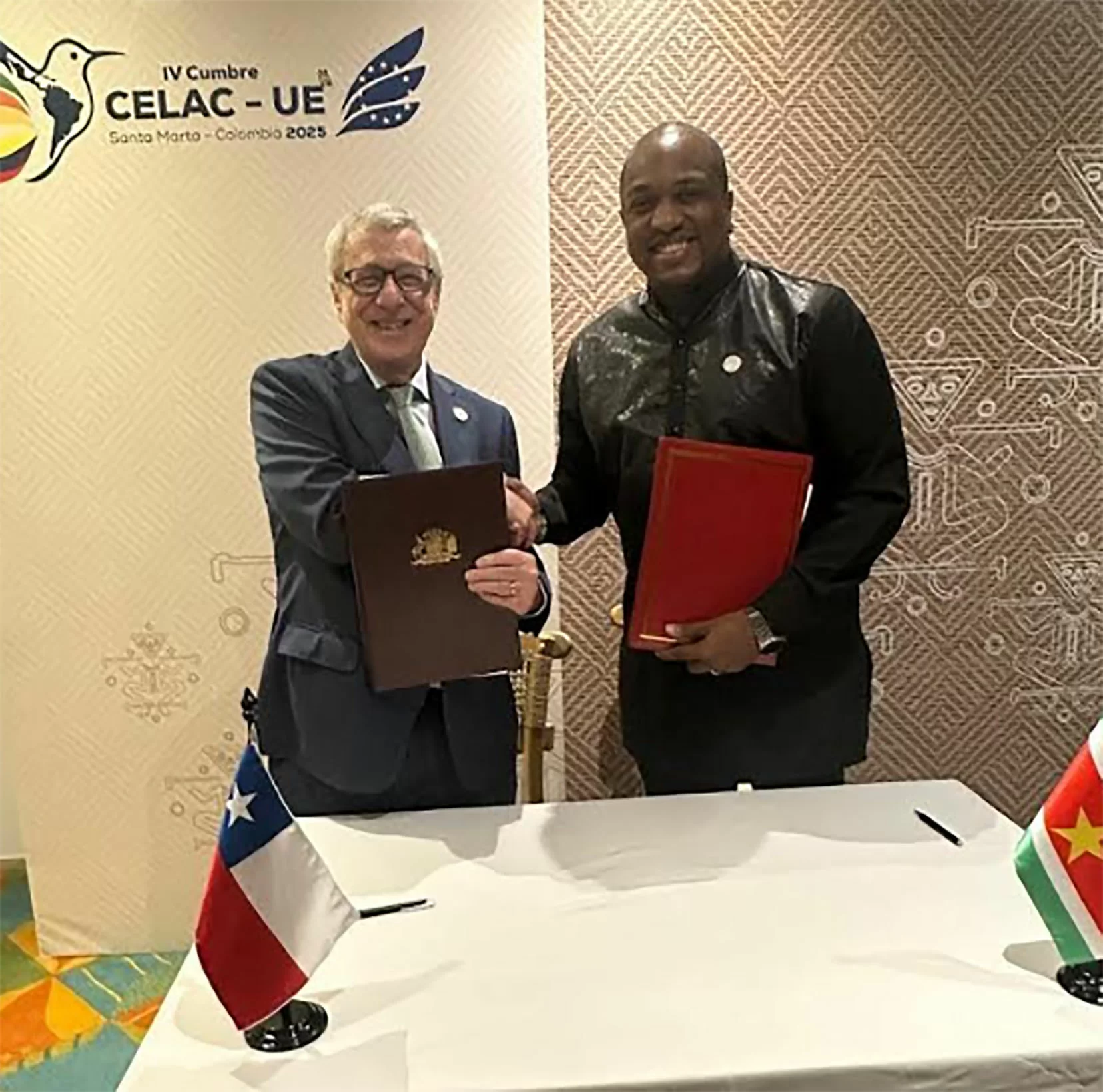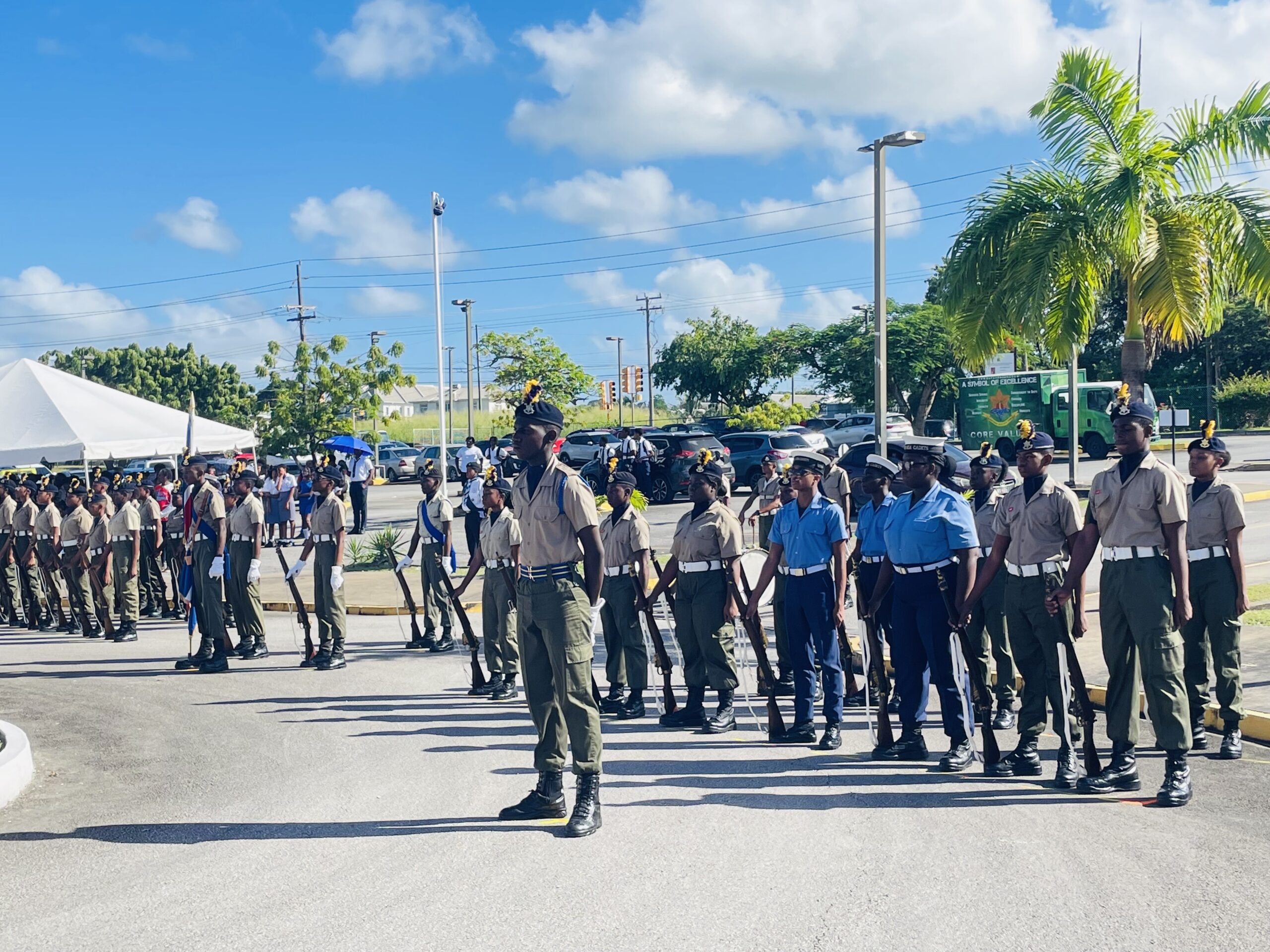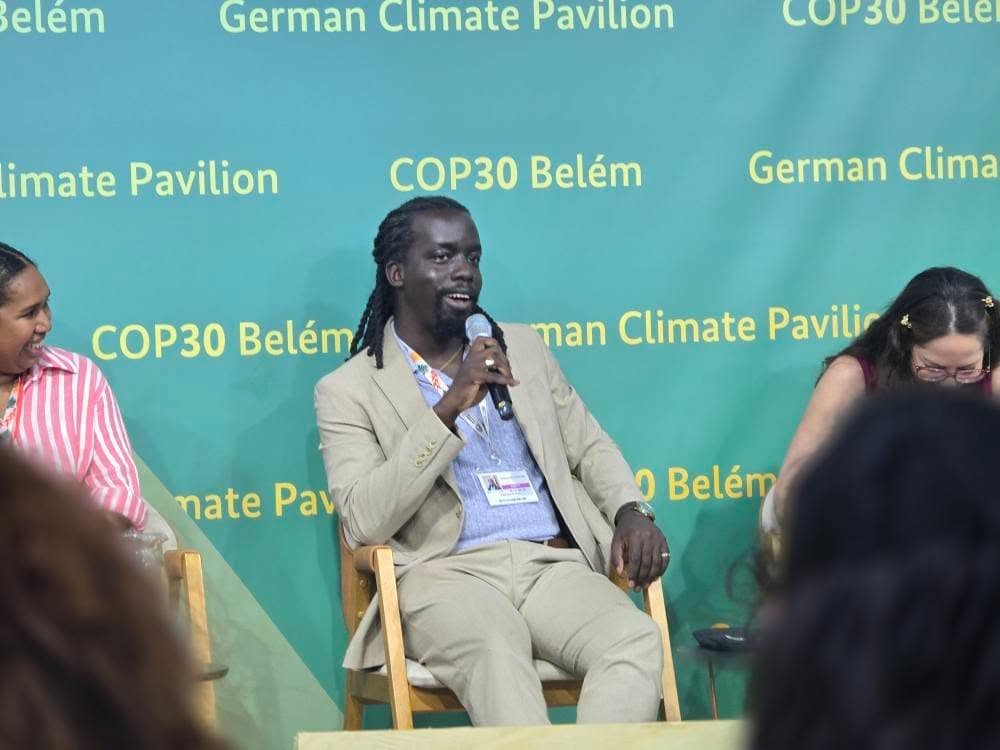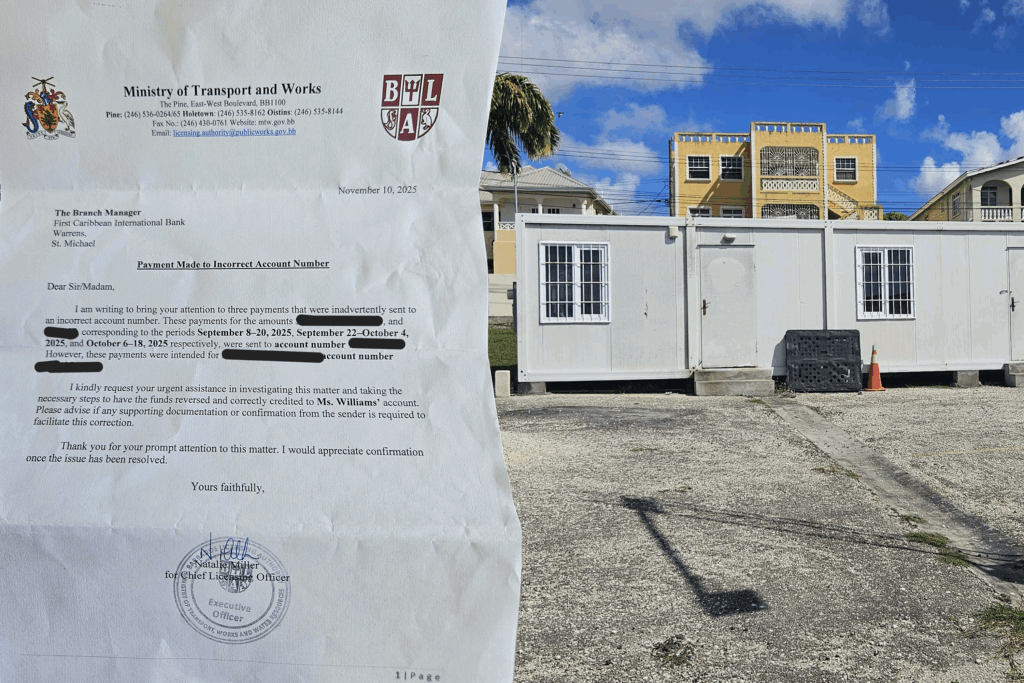Queen’s College commemorated the 25th anniversary of its No. 21 Cadet Corps with a solemn yet celebratory event on Thursday. The occasion featured a military parade and a poignant Remembrance Day tribute, attended by prominent figures including President Dame Sandra Mason, CARICOM Ambassador David Comissiong, and other dignitaries. The ceremony, held at the Husbands, St James campus, underscored the cadet company’s legacy of discipline, leadership, and civic service. Lynda Holder, chair of the Queen’s College Board of Management, emphasized the collective pride in the cadet corps’ achievements, praising the contributions of founders, officers, instructors, parents, and generations of cadets. The event also honored the island’s fallen soldiers, with Holder urging current cadets to uphold the highest standards of character and civic duty. The school choir delivered a moving performance of *At Calvary*, while the cadets showcased their precision through drills and the playing of *Reveille*. President Mason unveiled a commemorative plaque inscribed with a message of remembrance and celebration. The ceremony concluded with artistic gestures, including the presentation of school memorabilia, an award-winning painting, and a bouquet of flowers to the president.
博客
-

Latin America, the Caribbean, and the European Union summit crystallizes common ground on global issues
At the CELAC-EU Summit held in Santa Marta, Colombia, on November 10, leaders from Latin America, the Caribbean, and the European Union reaffirmed their dedication to democracy, good governance, and the rule of law. Prime Minister Roosevelt Skerrit of Dominica highlighted these commitments during a press conference on Thursday. The summit emphasized the importance of upholding the principles of the United Nations Charter, including sovereign equality, territorial integrity, and peaceful dispute resolution. CELAC’s declaration of Latin America and the Caribbean as a zone of peace was also endorsed, with a focus on dialogue, cooperation, and maritime security, particularly for small island states. The leaders expressed deep concern over the humanitarian impact of global conflicts and agreed that diplomacy, dialogue, and respect for international law should guide their actions. On Ukraine, they supported efforts for a sustainable ceasefire and just peace based on sovereignty and territorial integrity. Regarding Gaza, they welcomed the first phase of a comprehensive peace plan and urged adherence to international humanitarian law. The summit also reaffirmed support for Haiti’s security and stability and opposed the economic embargo on Cuba. A significant focus was on reforming the international system, with calls for a more representative and inclusive United Nations and a fairer global financial architecture. Small island developing states like Dominica advocated for greater access to concessional financing and debt relief. The summit also emphasized climate resilience and the energy transition, with Dominica showcasing its leadership in geothermal development and climate resilience. Regional cooperation to address environmental challenges like sargassum was also discussed, aiming to turn these challenges into opportunities for innovation and sustainable growth. The meeting underscored the solidarity between Latin America, the Caribbean, and Europe.
-

Suriname en Chili verdiepen economische en politieke samenwerking
Suriname and Chile have taken a significant step forward in their bilateral relations with the signing of a Memorandum of Understanding (MoU) on structured consultations. The agreement was inked on Monday by Suriname’s Minister of Foreign Affairs, International Business, and International Cooperation (BIS), Melvin Bouva, and his Chilean counterpart, Alberto van Klaveren Stork, representing the Republic of Chile. The signing ceremony took place in Santa Marta, Colombia, during the fourth Summit of Heads of State and Government of the Community of Latin American and Caribbean States (CELAC) with the European Union (EU).
The MoU aims to deepen political and economic ties between the two nations, fostering a framework for ongoing dialogue and collaboration. The consultations will cover a wide range of topics, including political, economic, commercial, and cultural issues, as well as regional and international developments. This structured approach is expected to enhance mutual understanding and cooperation across multiple sectors.
According to Suriname’s Ministry of Foreign Affairs, the agreement provides a robust foundation for advancing the country’s economic diplomacy agenda. Suriname and Chile have maintained diplomatic relations since May 7, 1977, and this latest development marks a renewed commitment to strengthening their partnership. The MoU underscores the importance of multilateral engagement and regional cooperation in addressing shared challenges and opportunities.







